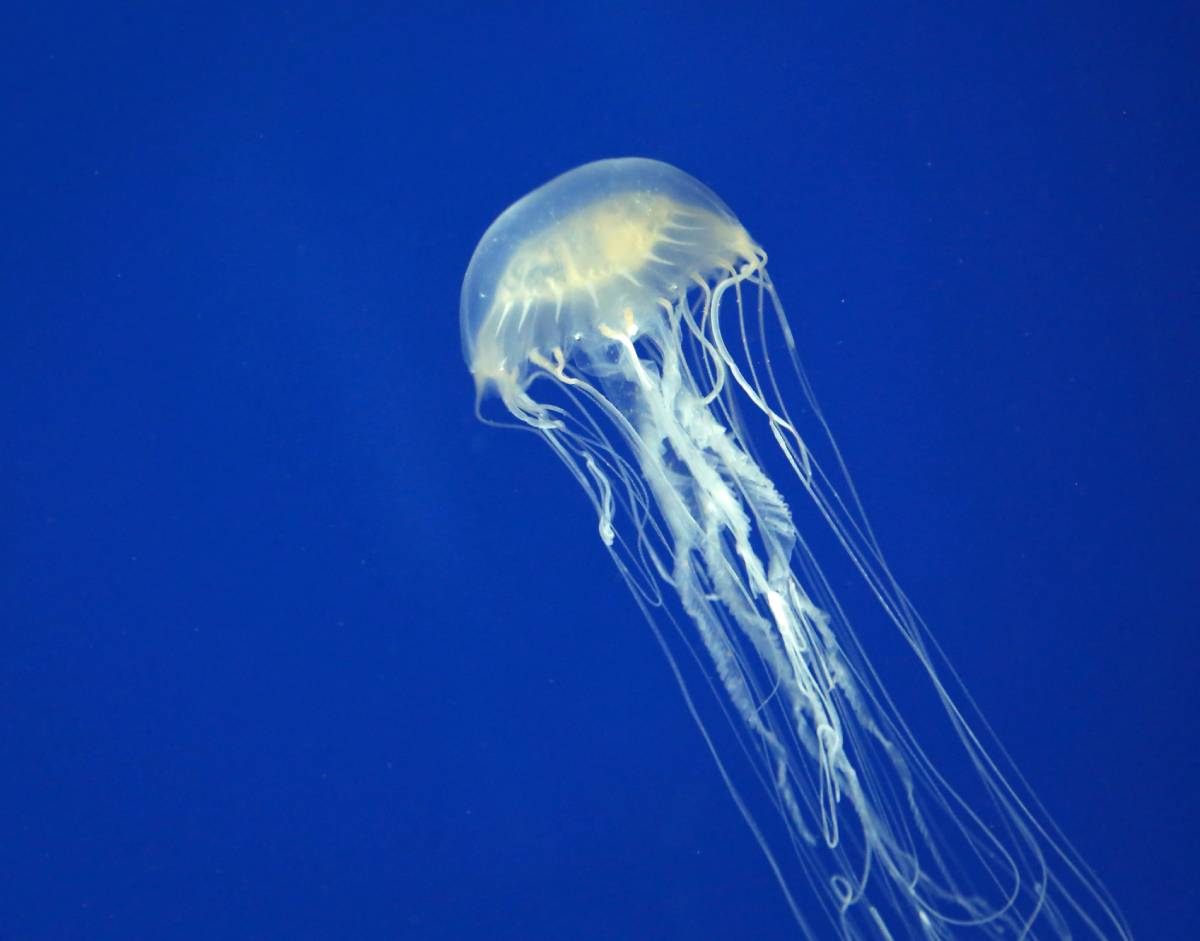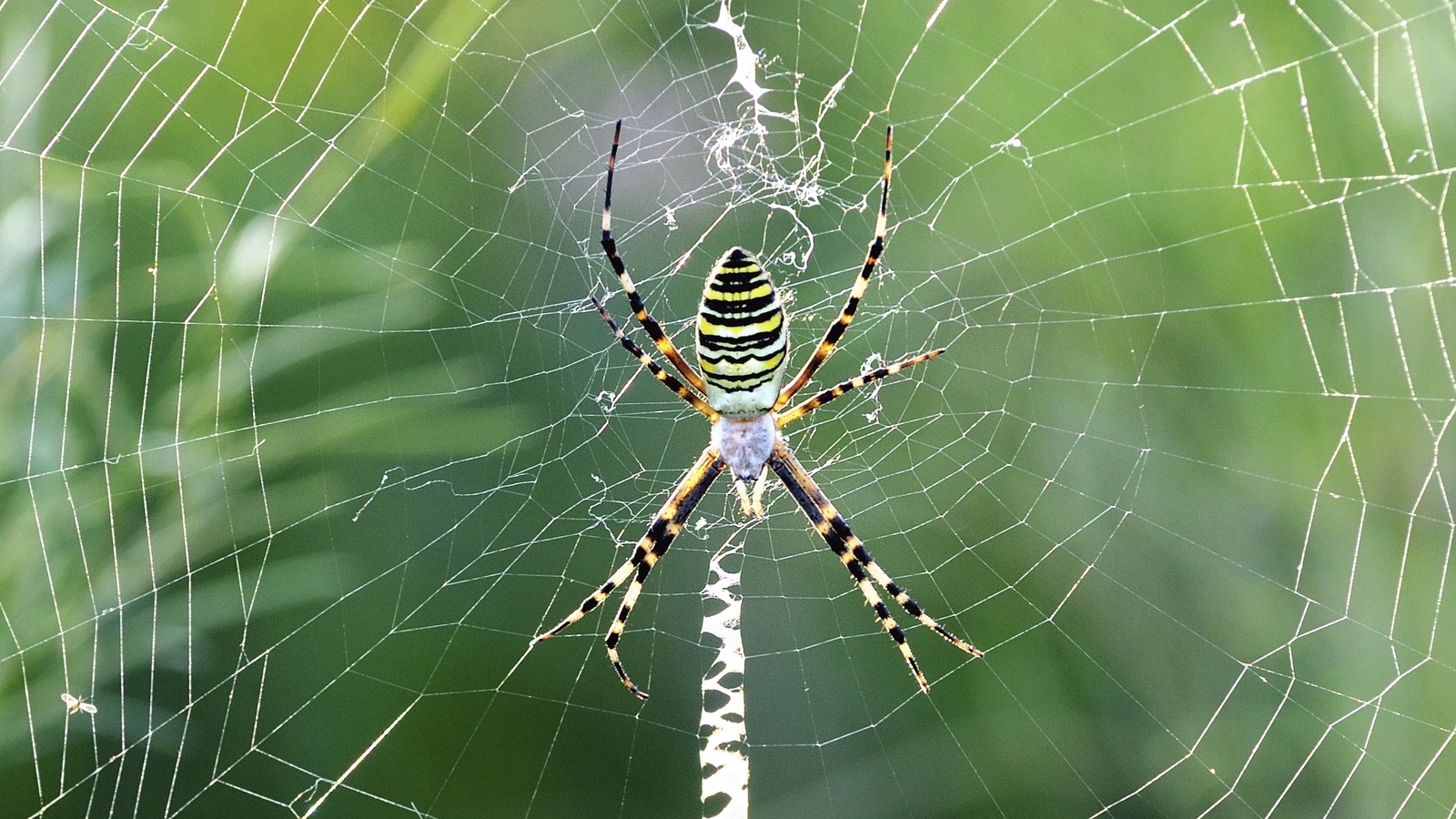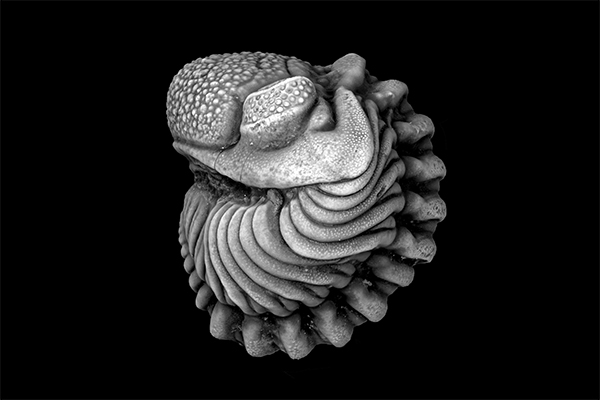Topic xerces society for invertebrate conservation: The Xerces Society for Invertebrate Conservation plays a pivotal role in safeguarding our planet"s ecological balance by protecting the diverse and often overlooked world of invertebrates, crucial for maintaining healthy ecosystems and biodiversity.
Table of Content
- What is the mission of the Xerces Society for Invertebrate Conservation?
- Overview and Mission
- Key Program Areas
- Conservation Efforts and Projects
- Importance of Invertebrates
- Educational Resources and Publications
- YOUTUBE: The Xerces Society: Protecting Life that Sustains Us
- Community Engagement and Citizen Science
- Pesticide Impact on Invertebrates
- Species-Specific Conservation Efforts
- How to Get Involved
- Contact Information
What is the mission of the Xerces Society for Invertebrate Conservation?
The mission of the Xerces Society for Invertebrate Conservation is to:
- Protect wildlife through the conservation of invertebrates and their habitats.
READ MORE:
Overview and Mission
The Xerces Society for Invertebrate Conservation is an esteemed international nonprofit organization dedicated to the preservation of the natural world through the conservation of invertebrates and their habitats. Named after the now-extinct Xerces blue butterfly, symbolizing the urgent need for invertebrate conservation, the Society was founded by renowned butterfly scientist Robert Michael Pyle.
With its headquarters in Portland, Oregon, the Xerces Society stands as a beacon of science-based conservation. It collaborates with a broad range of partners, including scientists, land managers, educators, policymakers, farmers, and communities. This extensive collaboration aims to foster applied research, advocacy, public outreach, and education, focusing on promoting the wellbeing of invertebrates.
Key program areas of the Society include pollinator conservation, endangered species conservation, and reducing pesticide use and impacts. These areas highlight the Society"s commitment to addressing some of the most pressing environmental challenges facing invertebrates today. The Society"s work extends to a variety of habitats, from forests and prairies to deserts and oceans, emphasizing the universal importance of these often-overlooked species.
Emphasizing the role of diversity, equity, and inclusion in conservation, the Xerces Society recognizes the importance of engaging and benefiting diverse communities in its conservation efforts. This approach reflects an understanding that successful conservation of invertebrates requires a comprehensive, inclusive strategy that involves all segments of society.
Over five decades, the Xerces Society has championed the protection of endangered species and their habitats, contributed groundbreaking publications, trained thousands in habitat conservation, and heightened public awareness about the critical role of invertebrates. As the Society looks towards the future, its enduring legacy continues to inspire and mobilize conservation efforts worldwide.
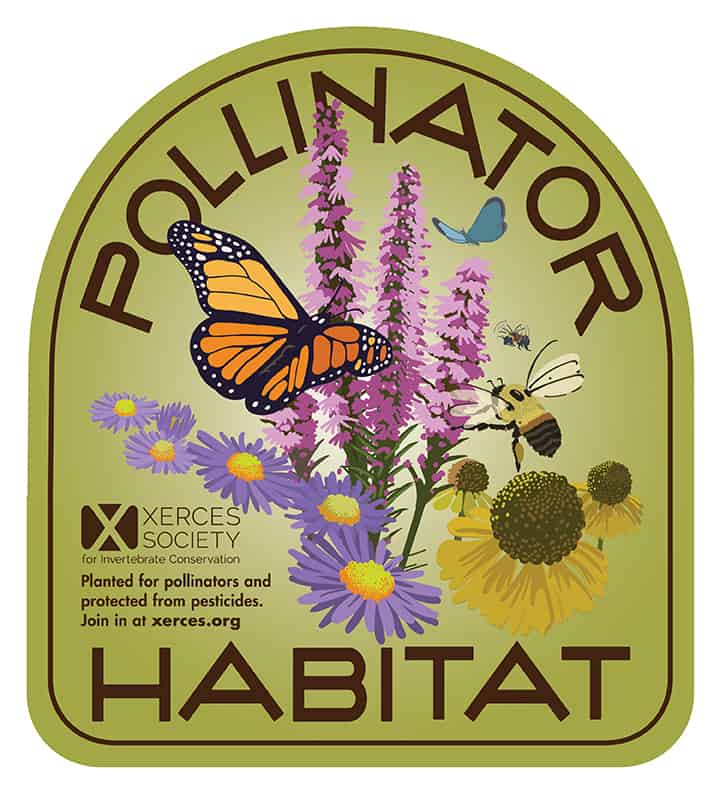
Key Program Areas
The Xerces Society for Invertebrate Conservation is committed to safeguarding invertebrates through its key program areas, each dedicated to different aspects of conservation and environmental stewardship.
- Pollinator Conservation: This program emphasizes restoring and expanding habitats for various pollinators. It involves collaborations with diverse partners to advance the science of pollinator conservation, vital for maintaining ecosystem balance and biodiversity.
- Endangered Species Conservation: The Society actively engages in research, education, community science, and advocacy efforts to protect species that are at risk. This program aims to preserve the natural habitats of endangered invertebrates, ensuring their survival and continuity.
- Reducing Pesticide Use & Impacts: Focusing on minimizing the reliance on pesticides, this area supports natural systems that help in pest management. The program advocates for sustainable and environmentally friendly alternatives to traditional pesticides, thus reducing their adverse effects on invertebrates and ecosystems.
These programs reflect the Society"s comprehensive approach to invertebrate conservation, combining scientific research, practical application, and community involvement. Each program area is interlinked, contributing towards the broader goal of maintaining a healthy and diverse natural world.
Conservation Efforts and Projects
The Xerces Society for Invertebrate Conservation is involved in a variety of conservation efforts and projects that focus on protecting invertebrates and their habitats. These projects are central to the Society"s mission and have a significant impact on biodiversity and ecosystem health.
- Pollinator Conservation Program: This program is dedicated to restoring and expanding pollinator habitats and advancing pollinator conservation science. The Society collaborates with various partners to safeguard pollinators, which are vital for ecosystem balance and biodiversity.
- Endangered Species Conservation: The Society is actively involved in protecting at-risk species through education, research, community science, and advocacy. This includes efforts to preserve natural habitats and initiatives to raise awareness about endangered invertebrates.
- Reducing Pesticide Use & Impacts: This initiative focuses on supporting natural systems that help manage pests, aiming to reduce the reliance on harmful pesticides. The Society advocates for sustainable pest management practices that are less detrimental to invertebrates and their environments.
- Bumble Bee Atlas: A program where volunteers collect crucial data to aid in habitat protection and restoration efforts for various bumble bee species, many of which face uncertain futures.
- Bee City USA & Bee Campus USA: These initiatives encourage communities and educational campuses to become better places for pollinators by increasing native plants, providing nest sites, and reducing pesticide use. These efforts have engaged numerous people in pollinator conservation and resulted in the completion of thousands of habitat projects.
- Western Monarch Call to Action: This project focuses on the conservation of the western monarch population. It includes actions like planting native milkweed, increasing nectar plant availability, reducing pesticide use in monarch habitats, and protecting and restoring monarch breeding and migratory habitats.
These projects represent just a few of the many efforts by the Xerces Society to conserve invertebrates. By combining scientific research with practical conservation strategies and community engagement, the Society works towards creating a sustainable future for invertebrates and their habitats.

Importance of Invertebrates
Invertebrates, including butterflies, dragonflies, beetles, worms, bees, mussels, and crabs, form a staggering 94% of the world’s animal species. These small but mighty creatures are integral to the health and balance of ecosystems globally. Their roles are diverse and crucial, ranging from pollinating crops and wild plants to recycling nutrients and cleaning water.
- Essential for Ecosystem Health: Invertebrates play key roles in various ecological processes like pollination, seed dispersal, and nutrient cycling, which are vital for the sustainability of ecosystems.
- Food Source for Other Wildlife: Many invertebrates serve as a primary food source for birds, fish, and other animals, making them a critical link in the food chain.
- Pollination and Agriculture: Pollinators, a significant group of invertebrates, are essential for the reproduction of over 85% of the world’s flowering plants and more than two-thirds of the world’s crop species.
- Biodiversity and Conservation: The diversity of invertebrates contributes to the overall biodiversity of habitats. Conserving invertebrates often means protecting the larger ecological communities they are a part of.
- Indicators of Environmental Health: Many invertebrates are sensitive to changes in their environment, making them valuable indicators of the health of ecosystems.
Despite their significance, invertebrates face threats from human activities, necessitating focused conservation efforts. The Xerces Society’s work in protecting these creatures is not just about saving species, but about preserving the intricate web of life that sustains our planet.
Educational Resources and Publications
The Xerces Society for Invertebrate Conservation offers a wealth of educational resources and publications, contributing significantly to public knowledge and awareness about invertebrates and their conservation.
- Publications Library: The Society provides a comprehensive library of publications, including fact sheets, guides, and reports, all aimed at disseminating information and research findings related to invertebrate conservation.
- Wings Magazine: Published biannually, Wings Magazine features articles by scientists and conservationists, along with stunning photography. It covers a range of topics related to invertebrates, their habitats, and conservation efforts.
- Educational Content for Various Audiences: The Society tailors its educational materials for different groups, including parents, educators, and the general public. These resources aim to enhance understanding and encourage involvement in invertebrate conservation.
- Species Profiles and Conservation Programs: Detailed profiles of at-risk invertebrates and conservation programs like pollinator conservation, bumble bee conservation, and freshwater mussel conservation provide in-depth insights into specific species and conservation efforts.
- Webinars and Community Science Projects: The Society offers webinars and engages the public in community science projects. These initiatives provide opportunities for hands-on learning and direct participation in conservation efforts.
These resources, coupled with the Society"s active blog and podcast, "Bug Banter", make the Xerces Society a hub for knowledge and action in the realm of invertebrate conservation.
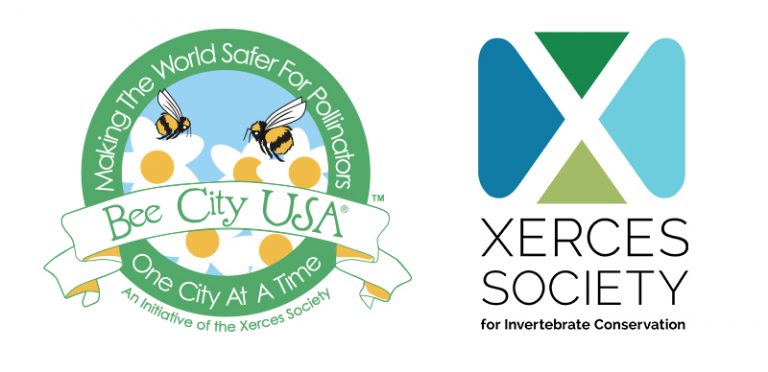
The Xerces Society: Protecting Life that Sustains Us
\"Discover the beauty of nature and learn about the importance of conservation in our latest video. Join us as we explore breathtaking landscapes and highlight the efforts being made to protect and preserve our planet\'s unique ecosystems.\"
Bring Back Pollinators
\"Attention all nature lovers! Get ready to be amazed by the fascinating world of pollinators. Watch our captivating video to witness the vital role these tiny creatures play in ensuring the survival of our precious plant life. Prepare to be inspired!\"
Community Engagement and Citizen Science
The Xerces Society for Invertebrate Conservation actively promotes community engagement and citizen science, recognizing the crucial role that communities play in conservation efforts. By involving citizens and local groups, the Society enhances its conservation impact and fosters a deeper connection between people and the natural world.
- Community Science Projects: The Society organizes various community science projects, inviting public participation in conservation research. These projects are instrumental in gathering data and increasing public awareness about invertebrate conservation.
- Bee City USA and Bee Campus USA: As initiatives of the Xerces Society, Bee City USA and Bee Campus USA focus on engaging communities and educational institutions in pollinator conservation. These programs promote the creation of pollinator-friendly habitats and the reduction of pesticide use.
- Educational Webinars and Events: The Society offers webinars and organizes events aimed at educating the public about invertebrates and their importance. These activities serve as platforms for learning and discussion, connecting individuals with expert knowledge.
- Volunteer Opportunities: Volunteers play a vital role in the Society"s work, contributing to various conservation programs and initiatives. These opportunities enable individuals to actively participate in hands-on conservation efforts.
- Public Engagement Campaigns: Campaigns like "Leave the Leaves" and the "Pollinator Protection Pledge" are examples of how the Society engages the public in simple yet impactful conservation actions.
Through these diverse initiatives, the Xerces Society empowers communities and individuals to become active participants in the vital task of invertebrate conservation, making a tangible difference in protecting the natural world.
Pesticide Impact on Invertebrates
Pesticides pose significant risks to invertebrates, particularly pollinators, due to several key gaps in current pesticide regulations. These include:
- Multichemical Exposure: Invertebrates, especially bees, are commonly exposed to multiple pesticides simultaneously, which can have compounded effects not adequately assessed in single-chemical screenings.
- Seed Coatings: Widespread use of pesticide-coated seeds, which contributes significantly to overall pesticide use, lacks comprehensive oversight and data tracking, leading to potential environmental contamination.
- Sublethal Effects: Current testing methods often overlook sublethal effects like reduced offspring numbers, disrupted foraging, and compromised nesting, which can contribute to long-term population declines.
- Species-Specific Sensitivities: Pesticide testing primarily uses European honey bees, ignoring the varying sensitivities of other species, like monarch butterflies, to different pesticides.
Addressing these gaps is crucial for more effective protection of invertebrates from pesticide impacts.

Species-Specific Conservation Efforts
The Xerces Society for Invertebrate Conservation implements various species-specific conservation efforts, focusing on the unique needs and challenges faced by different invertebrate species.
- Monarch Butterfly Conservation: The Society is deeply involved in the conservation of monarch butterflies, particularly the western monarchs. Efforts include habitat restoration, especially in key areas like the Coast Range, Central Valley, and the foothills of the Sierra Nevada. Important actions include planting native nectar species and milkweeds, and advocating for pesticide reduction in monarch habitats.
- Bumble Bee Conservation: The Society recognizes the critical role of bumble bees as pollinators and their alarming decline. Conservation efforts are geared towards understanding and mitigating the threats these species face, including habitat loss and pesticide use.
- Freshwater Mussel Conservation: Freshwater mussels, a keystone species of aquatic ecosystems, are a focus of the Society"s conservation efforts. These efforts include habitat restoration and addressing the threats of pollution and habitat degradation.
- Endangered Species Conservation: The Society works on conserving various endangered invertebrate species through research, habitat conservation, and advocacy. This includes creating and implementing management plans for critical habitats and engaging in community science initiatives.
These species-specific efforts are part of the Society"s broader mission to protect invertebrates and their habitats, thereby contributing to the health and diversity of ecosystems worldwide.
How to Get Involved
Participating in the Xerces Society"s efforts to conserve invertebrates offers various opportunities for individuals and communities to make a meaningful impact.
- Become a Member or Donate: Support the Society"s work through donations or membership. Members receive updates and publications like "Wings: Essays on Invertebrate Conservation".
- Join Community Science Projects: Engage in volunteer-driven projects like the Western Monarch Count, contributing to vital data collection and conservation efforts.
- Attend Webinars and Events: Participate in educational webinars and events to learn more about invertebrate conservation and current environmental issues.
- Sign the Pollinator Protection Pledge: Commit to creating and maintaining pollinator-friendly habitats in your own community.
- Volunteer: Offer your time and skills as a volunteer in various conservation programs and initiatives.
- Fundraising and Tribute Gifts: Organize or contribute to fundraisers and tribute gifts, helping raise funds and awareness for invertebrate conservation.
- Advocate for Change: Get involved in advocacy efforts to bring about policy changes that support invertebrate conservation.
These avenues provide individuals with the opportunity to contribute to the protection of the natural world through the conservation of invertebrates and their habitats.

READ MORE:
Contact Information
For general inquiries and information about the Xerces Society for Invertebrate Conservation, please use the following contact details:
- Main Office Address: The Xerces Society for Invertebrate Conservation, 1631 NE Broadway Street, #821, Portland, OR 97232
- Telephone: (503) 232-6639
- Toll-Free Number: (855) 232-6639
- Email for General Inquiries: Please refer to the Xerces Society Staff Directory for specific contacts.
Donation Information
- Mail Donations to: The Xerces Society for Invertebrate Conservation, PO Box 97387, Washington, DC 20090-7387
- Donation Inquiries: Email: membership@xerces.org or call (855) 232-6639, option #2
Program Specific Contacts
For specific program inquiries, please refer to the detailed contact list on the Xerces Society website.
Discover the vital role of invertebrates in our ecosystems and how you can contribute to their conservation with the Xerces Society. Join us in making a lasting impact on biodiversity and environmental health.



